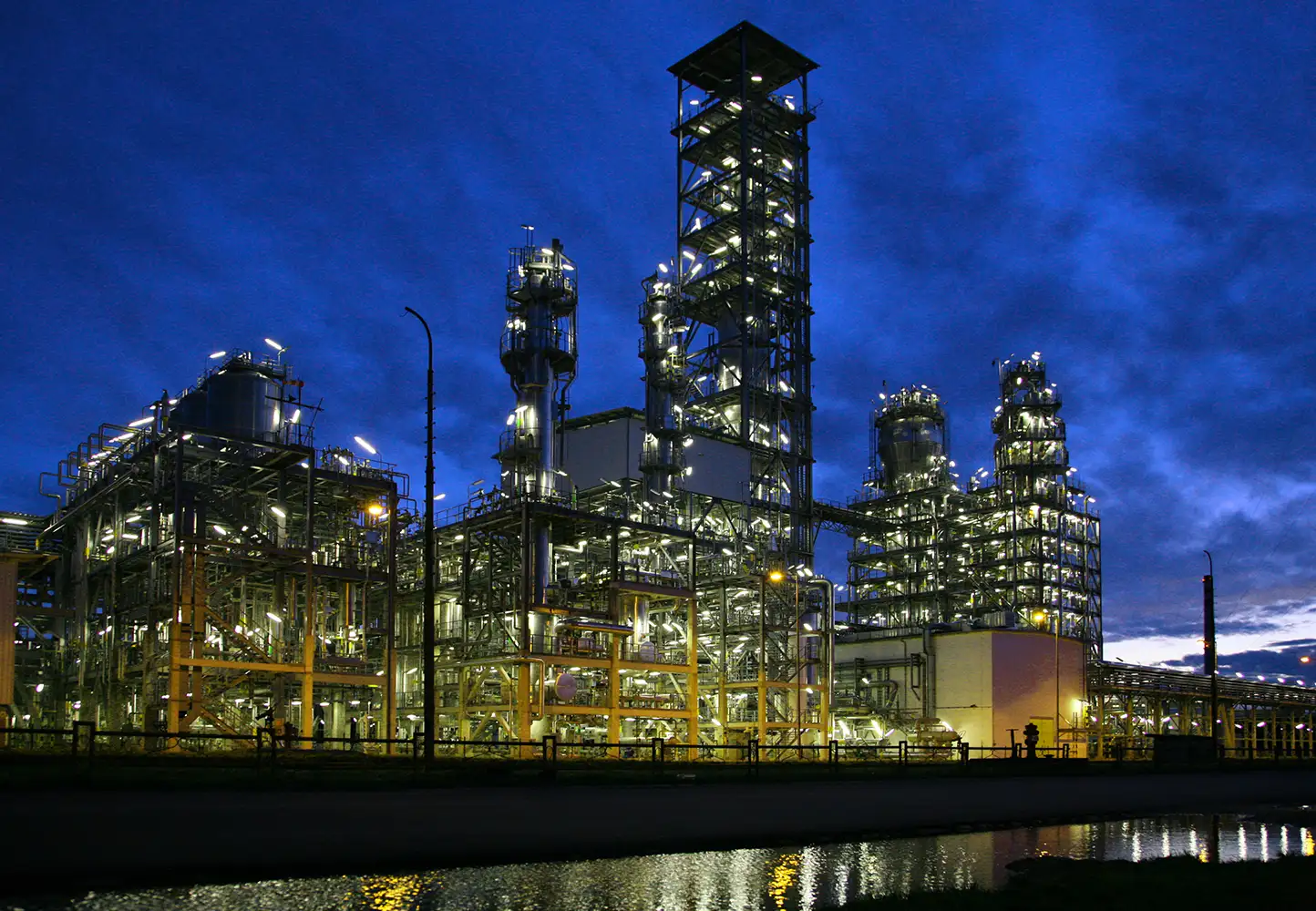
MOL Group advances sustainable fuel production at Slovnaft Refinery
MOL Group has achieved a major milestone in sustainable fuel production by successfully producing hydrotreated vegetable oil (HVO) and sustainable aviation fuel (SAF) at its Slovnaft Refinery.
The quality of the fuels was independently verified through radioisotope analysis by Isotoptech Zrt.
This production test confirms that MOL Group is technologically ready to manufacture alternative synthetic fuels, aligning with its SHAPE TOMORROW strategy aimed at advancing sustainable energy solutions.
The Slovnaft Refinery is located in Bratislava, Slovakia. It is one of the largest refineries in Central Europe and is owned by MOL Group, a Hungarian multinational oil and gas company. The refinery processes crude oil into a wide range of petroleum products, including fuels, lubricants, and petrochemicals.
Breakthrough in HVO and SAF production
At the Bratislava Refinery, MOL Group successfully produced biodiesel HVO using oil from cashew nut shells, processed alongside crude oil. The company has been employing co-processing at its Danube Refinery in Százhalombatta for years, a technique that blends bio-based residues with fossil components to reduce emissions during fuel production.
Additionally, the refinery tested SAF production, processing partially refined cooking oil together with traditional raw materials, demonstrating that its facilities can produce sustainable aviation fuel while maintaining stringent quality standards.
Commitment to sustainable energy transition
Csaba Zsótér, senior vice president of Fuels at MOL Group, highlighted the importance of this development. “We are technologically ready to produce biodiesel of vegetable origin as well as sustainable aviation fuel. This could open a new chapter in the sustainable efforts of MOL Group: we offer our customers an increasing variety and quantity of fuels, thus contributing to the smart energy transition as well.”
Gabriel Szabó, vice chairman of the Slovnaft Management Board, reaffirmed MOL Group’s strategic position in Central and Eastern Europe, adding: “The fact that Slovnaft has passed this test is a confirmation of our position as an important player in the CEE region. The competence in chemical production that we have acquired over the long history of the company must be preserved and developed in line with where the company is moving and what kind of future we want to create.”
With few refineries worldwide currently producing SAF, Slovnaft joins an elite group capable of meeting the EU’s stringent SAF quality standards. As part of the EU’s environmental targets, SAF is required to constitute 2% of total aviation fuel consumption in 2025, with an increase to 6% by 2030, 20% by 2035, and 70% by 2050. These regulations apply to all flights originating in the European Union, reinforcing the need for scalable SAF production.
MOL Group is also collaborating with the Faculty of Aeronautics at the Technical University of Košice to further assess and refine SAF technology.














